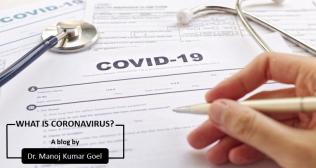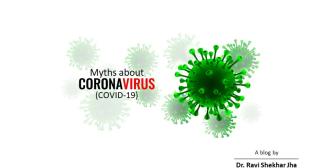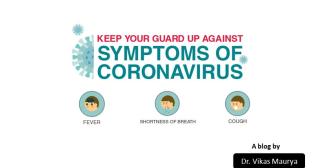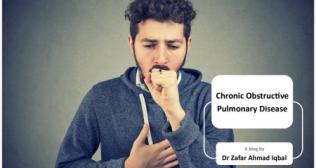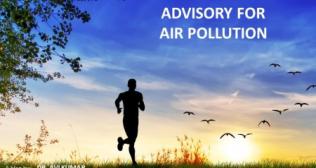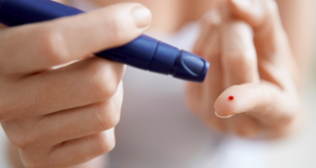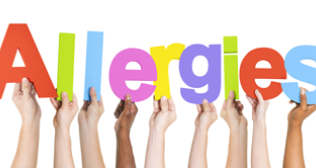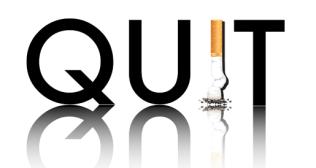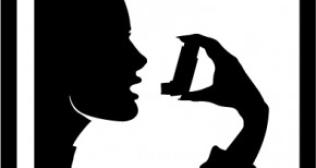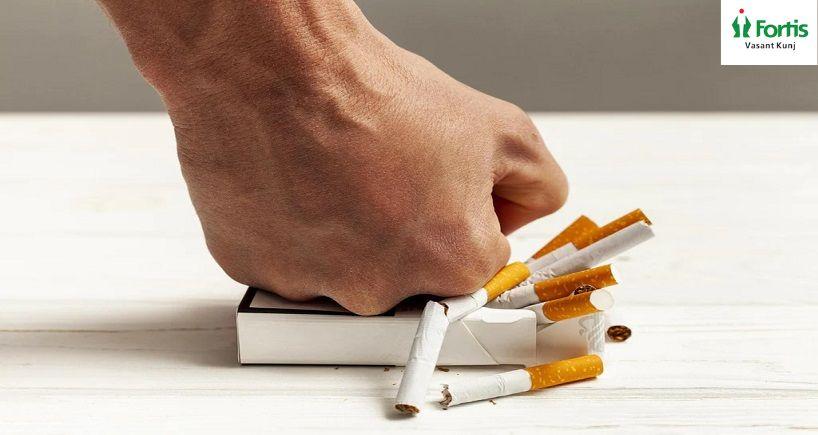
How to Quit Smoking?
Tobacco kills about half of its users. It is estimated that tobacco kills more than 8 million people each year, out of which around 7 million of those deaths are a result of direct tobacco use, while the other 1.2 million deaths are a result of non-smokers being exposed to second-hand smoke. Almost 80% of the world's tobacco users reside in low and middle-income countries. In 2020, 22.3% of the global population used tobacco, of which 36.7% were men and 7.8% of them were women. Tobacco smoke is enormously harmful to health.
Risks of Tobacco-
Tobacco smoke contains more than 7000 chemicals, out of which about 70 are known carcinogens.
- Wrinkles
- Copd, bronchitis
- Asthma flare ups
- Heart problems: attacks, angina
- Lungs Cancer, Kidney Cancer, Mouth Cancer, Throat Cancer, Stomach Cancer, and Pancreas Cancer
- Osteoporosis
- Dental Diseases
- Risk of pneumonia, TB, Fungal infections of lung is increased
- Reproductive Problems : erectile dysfunction and infertility
- Blindness, Cataract, and Age-Related Problems
- Asthma
- Diabetes
- Weakens immune system: weak body defence
Withdrawal symptoms-
Withdrawal symptoms can begin a few hours after quitting and can last up to several weeks
- Heart rate and Blood Pressure variability
- Appetite increases
- Craving
- Cough may increase
- Headache and dizziness
- Fatigue
- Constipation
- Anxiety, irritability
- Depression
- Mental fog
Tackling Withdrawal Symptoms-
We must explain to the patients that, do they
- a. Love their family ?
- b. Wish to live with family and friends happily
- c. Stay healthy
- d. Care for their children's
e. Care for their family’s future
It is initially difficult to quit due to the following body changes but strong will power and assistance from doctors and family will help you quit easily and manage withdrawal.Planning To quit : easy ways
Medicines useful if used in proper dasages and combined with a behaviour therapy under the supervision of a chest physician. A combination of counselling and medication is more effective than either independently.
- Select a quit date: Choose a date within the next few days when you'll quit smoking.
Choosing a quit method: There are three ways to quit smoking. Choose the method or combination you think will work best for you.
a. "Cold turkey": Stop smoking once on your Quit Day. This method does not prolong the quitting process.
b. Reduce the number of cigarettes you smoke each day until you stop smoking completely.
c. Smoke only part of each cigarette.
- Tackling withdrawal: Consult a doctor who can prescribe nicotine (gums, sprays, patches, etc.) and non-nicotine replacement medicines that can help curb your withdrawal symptoms, which will help you quit smoking.
- Drink plenty of fluids
- Exercise regularly and perform deep breathing exercises
- Keep yourself occupied; join hobby classes or perform yoga
- Eat vegetables and salads at short intervals
- Stay away from smoking areas and friends who smoke
E-cigarettes and Vapes:
Electronic nicotine delivery systems (ENDS), electronic non-nicotine delivery systems (ENNDS) and Heated tobacco products (HTPs) are some devices that heat a liquid to create a mist aerosol, which is inhaled by the user. These may contain flavouring agents, nicotine, or both. These are known as e-cigarettes or vapes. The main issue is the use by children and adolescents, as these have addictive potential and could actually increase nicotine consumption and can hamper growth. These may increase the risk of heart and lung disorders. Some additives in these could be toxic to the user.
However, there seems to be an increased psychological and physical dependency on these if used on a long-term. Due to widespread advertising and ease of availability, these have become a fashion and add to addictive behaviour in school-going kids and adults. The Government of India has banned the sale of these products in this country.
What Happens After You Quit Tobacco-
- - Better control of heart rate and blood pressure
- - You feel more energetic and lively
- - Strength and stamina improves
- - The ability to taste and smell returns to normal
- - Exercise tolerance improves
- - Coughing is less
- - The risk of heart attack and stroke is reduced
Categories
Clear allMeet the doctor

- Pulmonology | Pulmonology and Critical care | Sleep Medicine
-
26 Years
-
1600







